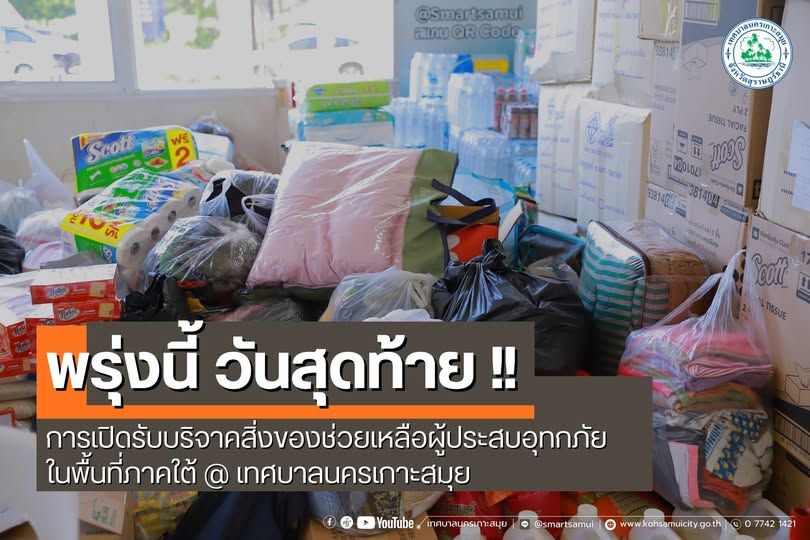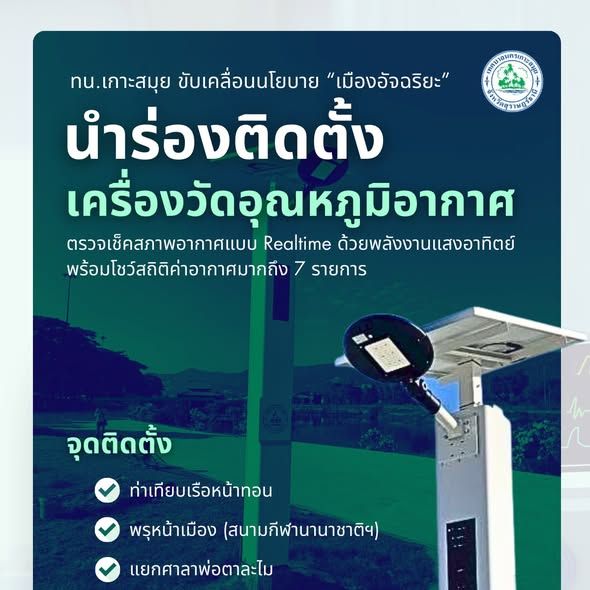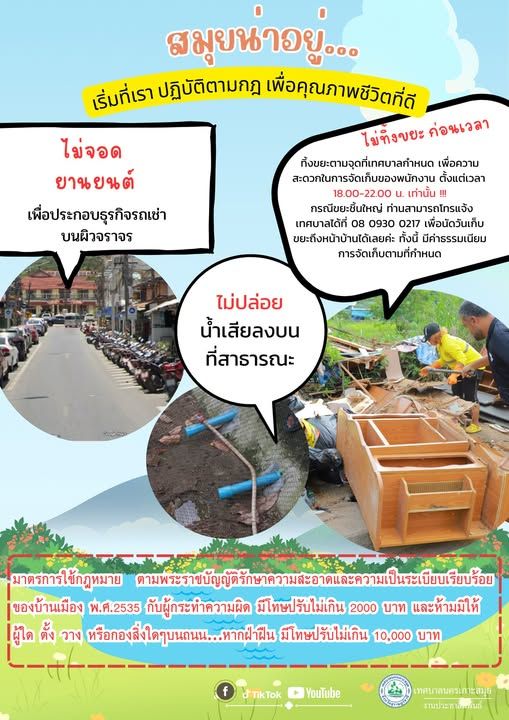🌍 Thailand adapts to changing tourist demands by adjusting its visa policies and targeting new markets like Taiwan and India, despite the impact of canceled flights from China and global financial uncertainty. 🛫 #ThailandTourism #VisaExemption #TourismStrategy #NewMarkets #GlobalTravel
ChinaTravel #KazakhstanTravel #TaiwanTravel #IndiaTravel #TourismIndustry #EconomicRecovery #SecurityConcerns #WelcomeTourists #ExploreThailand #TravelGoals #TourismUpdates
Visa Exemptions and Tourism Dynamics
In a recent announcement, Prime Minister Srettha Thavisin addressed concerns regarding the fluctuating demand for flights from China to Thailand. Despite the cancelation of flight slots by several Chinese airlines, owed to the lower-than-expected number of passengers, the Prime Minister reaffirmed the government’s commitment to the visa exemption policy currently extended to Chinese citizens.
Thailand’s strategic move to lift visa requirements for travelers from China, as well as Kazakhstan, is a policy designed to bolster the tourism sector. This exemption allows for visa-free travel to Thailand from September 25 to February 29 of the following year, a period that includes several holidays and peak travel times.
Economic Factors and Tourist Behavior
The dip in demand for flights to Thailand has been attributed to a sluggish economic recovery in China and a domestic policy that favors internal travel within the country. The global economic climate, still reeling from the aftermath of the pandemic, has seen tourists tightening their belts and reducing their travel budgets.
Diversifying Thailand’s Tourism Strategy
In light of these challenges, the Prime Minister emphasized the importance of diversifying tourism promotion efforts. Targeting other markets, such as Taiwan and India, could potentially compensate for the shortfall and inject much-needed vitality into Thailand’s tourism industry. The visa waiver is a component of a broader strategy to encourage international travel to Thailand amidst a changing global economic landscape.
Security Concerns and Public Perception
The visa exemption scheme has not been without its detractors. There have been reports within Bangkok of Chinese citizens engaging in begging, sparking a debate about the potential for an increase in criminal activities associated with relaxed visa policies. However, the Prime Minister downplayed these concerns, suggesting that they do not reflect the broader impact of the policy or the profile of the majority of visitors to the country.
The Bigger Picture: Air Travel and International Arrivals
The discussion around visa waivers comes at a time when air travel is still recovering from the impact of the Covid-19 pandemic. Kirati Kitmanawat, the director-general of Airports of Thailand Plc, highlighted that flights from China have resumed to 60% of pre-Covid levels, a statistic that mirrors global trends.
The initial surge in arrivals during the launch of the visa exemption, coinciding with China’s Golden Week, proved to be a temporary spike as numbers settled at a lower daily count afterwards. Nevertheless, November saw a slight increase in Chinese tourists, signaling a cautious optimism for Thailand’s tourism revival.
Final Insights
The fluctuating demand for international travel, particularly from China, presents both challenges and opportunities for Thailand’s tourism sector. Adapting to the new normal involves adjusting policies and promotions to meet the evolving preferences and behaviors of global travelers. As Thailand navigates through these uncharted waters, it remains committed to sustaining its position as a welcoming destination for tourists from around the world.
Frequently Asked Questions
How has Thailand adjusted its visa policies in response to changing tourist demands, and which countries are specifically targeted by these changes?
Thailand has made strategic policy adjustments in response to shifting tourist demands, particularly adapting to the lower-than-anticipated inflow from China due to various economic factors. By extending visa exemptions to travelers from China and Kazakhstan, the country aims to reinforce its tourism industry during crucial holidays and peak travel times. This visa-free travel is accessible from September 25 to February 29 of the following year, a period that encompasses multiple holidays and peak travel times. Moreover, Thailand is broadening its tourism strategy by targeting new markets, notably Taiwan and India, to counterbalance any potential deficits and rejuvenate the tourism sector.
What are the primary reasons behind the reduced demand for flights from China to Thailand, and how is Thailand responding to these economic challenges?
The dip in demand for flights from China to Thailand has been linked to several factors, including a slow economic recovery in China post-pandemic and a domestic focus on internal travel within China. The global economic landscape also plays a role, with tourists worldwide feeling financial strains and consequently shrinking travel expenditures. In response to these economic challenges, the Thai government is diversifying its tourism promotion efforts, aiming to attract tourists from other markets like Taiwan and India, thus hoping to infuse new life into Thailand’s tourism industry despite the global financial uncertainty.
What are the security concerns associated with Thailand’s visa exemption scheme, and how has the government addressed these issues?
The visa exemption scheme implemented by Thailand has sparked some debate, particularly concerning the conduct of certain tourists within Bangkok, which has raised questions about the potential rise in criminal activities linked to more lenient visa policies. Incidents involving Chinese citizens begging in Bangkok have fueled these concerns. Nevertheless, the Prime Minister has downplayed these security concerns, suggesting that such cases do not reflect the overall impact or the character of the majority of tourists entering Thailand. The government appears to be taking these concerns into consideration while maintaining its emphasis on the larger objective of preserving Thailand’s reputation as a friendly and open destination for international visitors.




